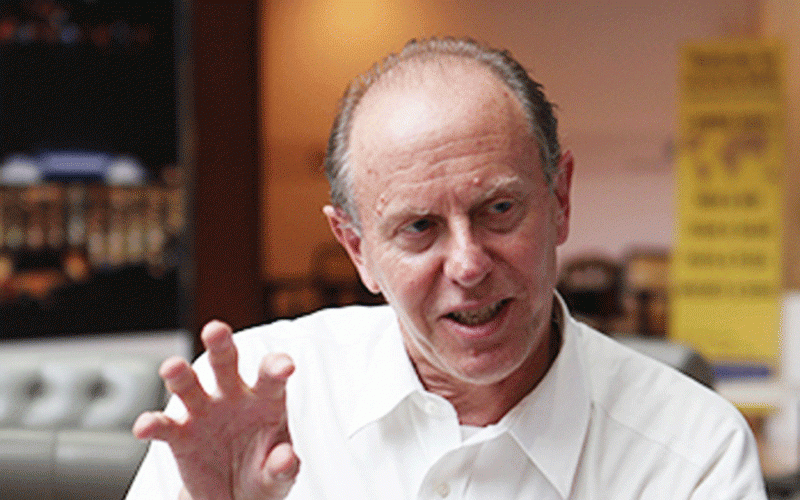
Politicians are not keen on instituting legislation that aids in eradicating drug abuse that has become rampant in the country, a legal expert has said.
Harare lawyer Aleck Chimhofu told journalists attending a National Aids Council (NAC) convened workshop in Norton recently that lack of specific legal and constitutional provisions that speak to the use of dangerous drugs was among barriers impeding efforts to fight drug abuse in the country.
Zimbabwe is among countries that have recently witnessed an increase in drug abuse, although there is no official data on drug or substance abuse because a population size estimate has never been done before. However, anecdotal evidence points to a lot of illicit drug abuse on the ground in the country.
Among the popular drugs being abused is crystal meth, a highly addictive stimulant used for its powerful euphoric effects.
Known scientifically as methamphetamine, crystal meth is not listed in the relevant schedule to the Dangerous Drugs Act [Chapter 15:02].
“Scheduled drugs are those specific drugs listed in Part I and Part II of the schedule to the Dangerous Drugs Act,” said Chimhofu.
“Part I of the schedule lists which are classified under Dangerous Drugs and Part II those classified under Prohibited Drugs and are not allowed which include methylenedioxymethamphetamine, which has been confused with crystal methylene – dioxymethamphetamine.”
Chimhofu said as such, people found in possession of crystal methamphetamine in Zimbabwe have not been found guilty because of loopholes in the law.
- Mental health must be a priority at our workplaces
- ‘Art therapy critical in combating mental disorders’
- Be ethical, Potraz tells content creators
- How HR can effectively handle employee depression
Keep Reading
“Laws should be clear and in our case, we cannot differentiate between crystal methamphetamine – methylenedioxymethamphetamine and people found in possession of the drug have got off scot-free,” he said.
“According to the law crystal meth is not a scheduled drug and the only way it can be done is to amend the law and include the drug on the Dangerous Drugs Act.
“We have had so many statutory instruments since 2017, but what does it take to have the Dangerous Act amended.”
Chimhofu said the buck stops with the Parliament, which should push for the amendment of the law.
Mental health expert Munyaradzi Madhombiro said there was a connection between substance abuse disorders and HIV.
He said conditions such as depression, anxiety, psychosis, bipolar disorder, and epilepsy as well as drug abuse and alcohol use disorder were major causes of morbidity and mortality.
“There is a high prevalence of substance abuse and psychiatric disorders among people living with HIV,” Madhombiro said.
“Drug and alcohol-use disorders are frequently comorbid with depression, anxiety and severe mental illness.”
NAC communications officer Tadiwa Nyatanga said her organisation and its partners have embraced mental health education as well as antidrug programmes in the response to HIV after realising that they were significant and rapidly increasing factors in the transmission of HIV and Aids.
“Our planning, coordination and implementation of strategies and programmes for HIV prevention incorporate mental health education as well as anti-drug education and advocacy,” Nyatanga said.
“The strong effects of drugs can change decisions and remove shyness leading people to engage in impulsive and unsafe behaviours.”










